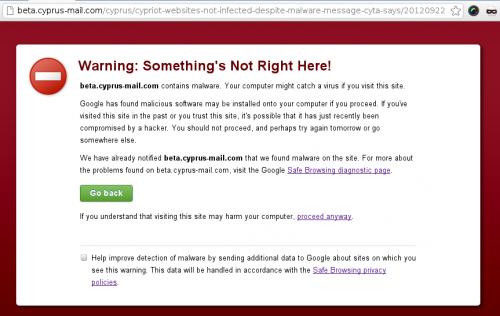About a month ago I came across an interesting question over at StackOverflow. Emanuele Minotto was asking if anybody knows of any easy way to integrate PHPDocumentor with GitHub’s wiki. It seemed like a really good idea, so I dug around, but didn’t find anything ready made. PHPDoc’s manual however suggests that things are possible. Unfortunately, I’m too busy currently to get involved in it myself, but I am really glad to see that Emanuele didn’t abandon the idea and started the project at GitHub. If that’s something that you are interested in, I strongly suggest lending a helping hand. I’m sure there are plenty of people who’d welcome this integration.
Year: 2012
UX Sketching And Wireframing Templates For Mobile Projects
UX Sketching And Wireframing Templates For Mobile Projects
If you are doing a lot of user interface planning and design for mobile applications, you will probably love these templates. Just choose the one you need and print it out. Then pencil in your thoughts.
Different resolutions of Android devices, iOS, and Windows Mobile are all included. Enjoy!
Haircut
Worst excuse ever
For the last few days, if you go to almost any Cyprus website, you get a warning like the one on the screenshot below.
This one in particular is from the Google Chrome browser, and here is how Google explains it:
This message appears if Google Chrome detects that the site you’re trying to visit may have malware.
And just in case you didn’t know what malware is, Wikipedia to the rescue:
Malware, short for malicious software, is software used or created to disrupt computer operation, gather sensitive information, or gain access to private computer systems. It can appear in the form of code, scripts, active content, and other software. ‘Malware’ is a general term used to refer to a variety of forms of hostile, intrusive, or annoying software.
Malware includes computer viruses, worms, trojan horses, spyware, adware, and other malicious programs.
Apparently, this time, CyTA had something to say:
CyTA said any computers receiving the message should clear their caches and cookies as the phenomenon was being caused by a virus, which was affecting connections. It said the sites were clean and did not contain malware. “It is a false message caused by a virus,” a CyTA technician said.
What? Really? Make up your mind, sir! Is it a false message or was it caused by a virus? If it was, it’s not so false then, is it? Oh, and I wish viruses were as easy to take care of as clearing browser cache and cookies…
Digitizing CyBC archives
Cyprus Mail reports some good news:
STATE broadcaster CyBC has been given some €1.2 million towards digitising its archives, as part of an EU programme for Greece and Cyprus.
Earlier this week it signed an agreement on a project called Digital Herodotus.
The project is worth €1.7 million in total, of which CyBC has been allocated €1,184,000 and organisations in the Greek island of Mytilene, including a public library and a university, have been allocated the rest, CyBC said in an announcement.
CyBC has been given funds to set up a system to store and manage digital data and to obtain the technology needed to convert analogue video content from 1990 onwards to digital format.


